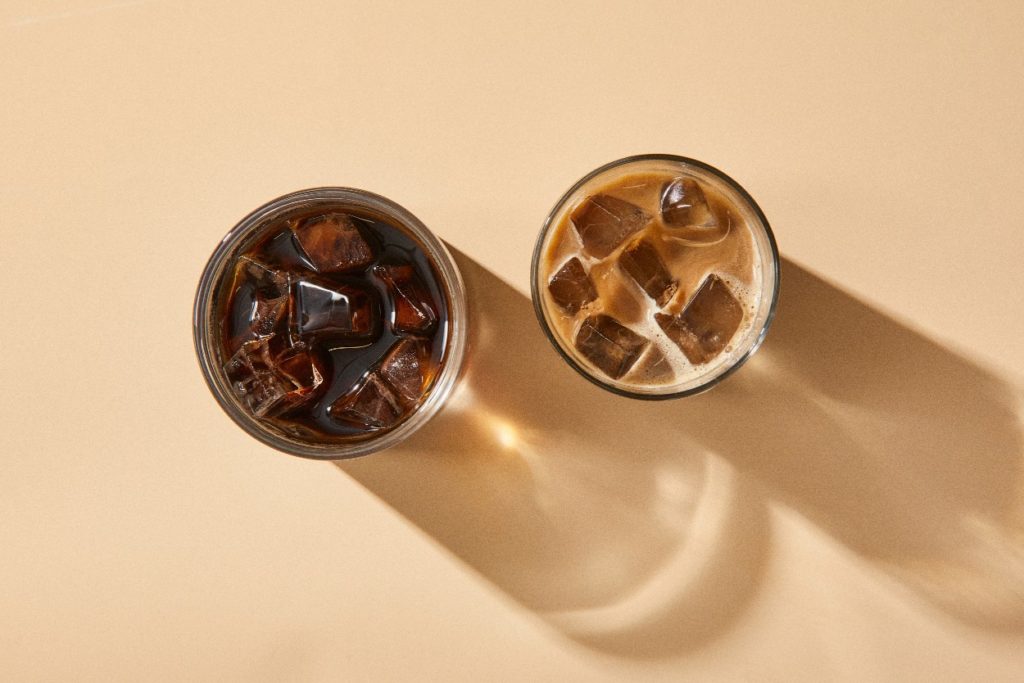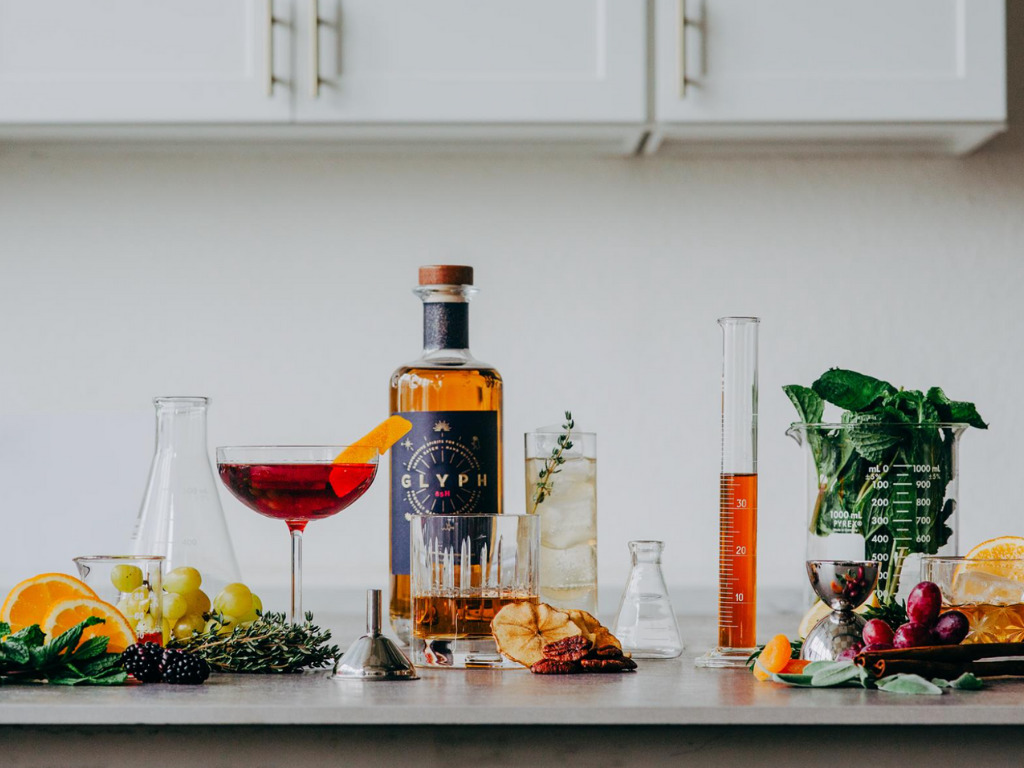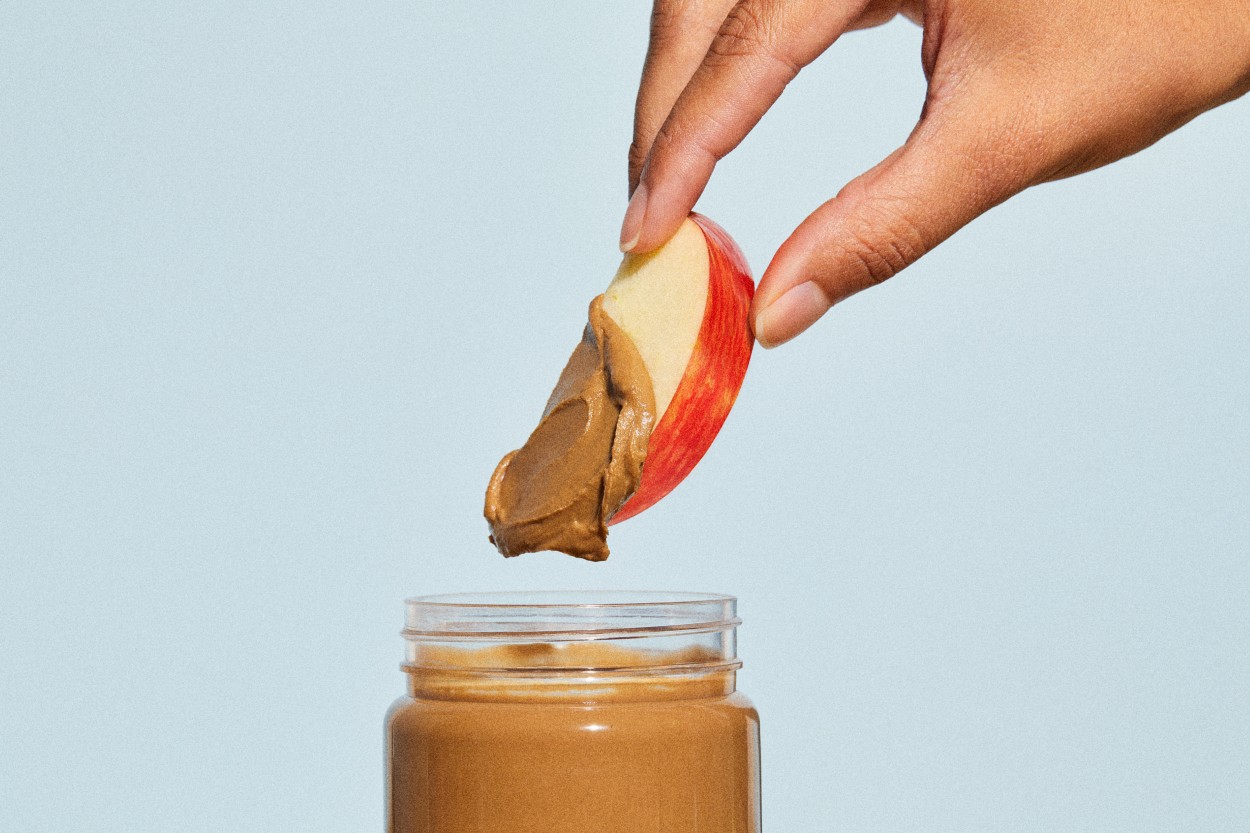Voyage Foods: The Company Making Chocolate, Peanut Butter And Coffee Without Cacao, Peanuts or Labour Scandals
4 Mins Read
Budding Californian CPG Voyage Foods has emerged from stealth development to announce the successful reverse engineering of certain favourite foods. The food tech is focussed on reproducing items considered unsustainable, allergen-heavy or vulnerable to supply issues, as the climate crisis worsens. So far it has created chocolate, peanut butter and coffee.
Founder Adam Maxwell, formerly of molecular whiskey pioneer Endless West, cites the distasteful practises behind food production as a driving force to developing alternatives. Having used food science to successfully reverse engineer alcohol, he wondered if the same would be possible with chocolate. The R&D process spiralled to include other favourite items.

A new way to produce food
Maxwell describes Voyage as being a food tech company, but one that seeks to break the link between finished products and source materials. “Think things like cacao-free chocolate, peanut-free peanut butter, coffee-free coffee.,” he said in a statement. “And do those in ways that are either more efficient, healthier [or] less risk for human consumption.”
Using chemistry to identify the baseline molecules of various foodstuffs is how everything starts. Once identified, they can be found in more sustainable or allergen-free food sources and used to recreate a product that tastes and acts like the original concept. It’s a technique that aligns with sustainable practises and offers a glimpse of optimism with regards to food security. Maxwell has chosen to double down on these elements by looking to source base molecules in cost-effective crops and upcycled food processing waste. The takeaway should be, according to Maxwell, affordable and accessible foods.
Addressing concerns about the method of manufacture, he highlights a gap in consumer knowledge. Using chocolate as an example, he notes that the finished product tastes nothing like cacao beans. It’s fermentation, roasting and processing that creates the sweet flavour. Consumers might be wary of what they deem to be ‘lab’ created but Voyage claims everything it produces carries a clean label. All ingredients are recognisable, if hard to initially attribute to the end product. Voyage’s chocolate includes grape seeds, shea butter and salt.

Compassionate consumption
Though favourite foods for many, chocolate, coffee and peanut butter are problematic. Chocolate, with its connotations of child labour and exploitation, was a natural focus for Maxwell. From here he looked at similarly unethical products, with coffee standing out.
Perpetually at the centre of fair farmer payment and labour concerns and at risk from global warming, the beverage continues to grow in popularity (in their 2021 results, Nestle said coffee contributed the most to organic growth by product category). The supply chain is unstable, which is where an alternate production method will come in useful. “It’s really meeting the supply and demand curve of making sure that people get to continue enjoying the ritualistic experiences of having an affordable cup of coffee in the morning,” Maxwell said in a statement.
Peanut butter has few environmental concerns, particularly now that many manufacturers have moved away from palm oil as an ingredient. It is, however, a major allergen. More than six million people in the U.S. are thought to have a peanut allergy. The Voyage peanut butter contains no nuts but, apparently, tastes the same.
Gearing for launch
Voyage has been operating under stealth conditions for years, though it has received funding in that time. Last February, a seed round closed with $5.7 million invested. Now out in the open, Voyage is in the midst of raising a Series A that will help bring its products to market. The specialist nature of manufacturing means that sub-contracted facilities are not a possibility. Voyage is building out a dedicated plant in California, which the Series A will presumably support.
The first product to be launched will be peanut butter, early this year, with chocolate following mid-year and coffee in 2023. All products will be direct-to-consumer. A move into B2B ingredients supply has not been ruled out. “We’re really trying to look at where the most impact can be made that’s really at scale,” Maxwell said in a statement.
Sustainable starting points
Maxwell’s former company, Endless West, has announced progress of its own. Earlier this month the San Francisco-based sustainable spirits developer closed a $60 million Series C funding round. Funding is being used to develop strategic industry partnerships that will allow Endless to become a B2B platform.
Fellow company California Cultured is making lab-grown chocolate. It secured $4 million in a future equity round in November last year. Unlike Voyage, it uses cocoa cells to replicate the taste and texture of processed chocolate, but with none of the socio or environmental concerns. There’s also Berlin-based QOA, who are pioneering cocoa-free precision fermentation chocolate and recently bagged $6M in seed funding to build out their pilot facility.
Lead photo by Voyage Foods.





